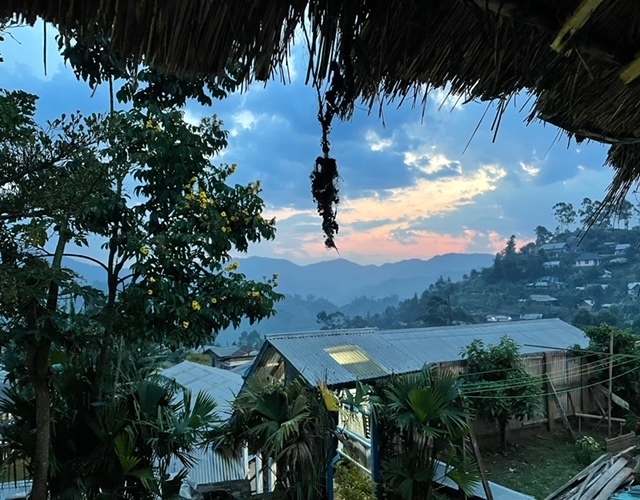
-Masisi, DRC 2021
I have spent a number of years in sub-Saharan Africa (most of my life since 2014), but my time in DRC in 2020-2021 was unlike anything I have ever known. Among some, mentioning Congo may evoke negative guttural reactions, due to the prolonged conflict, and since Congo is normally only mentioned on western news with respect to the conflict, violence, Ebola, measles, or natural disasters. These issues are all par for the course in Congo, which has known a conflict—and the human and other toll of conflict—in the eastern part of the country for more than 20 years. Ebola is endemic in DRC, and unfortunately the country is vulnerable to natural disasters. For example, a volcanic eruption in the city of Goma last year displaced more than two million persons in May 2021 (on my birthday, which seemed a bad omen). The humanitarian needs are chronic and heartbreaking in DRC and unfortunately there will likely be a continuous high level of need for many years to come.
However, Congo and its people are much richer and more vibrant than the abundant stories of horror. For me, the intensity of life in Congo was palpable. From the moment I arrived, I recall the vibrant colors, intense traffic, markets where you could buy anything, and could feel a charged energy in the air unlike what I’ve experienced before. My time spent in DRC was filled with new friendships, and a deepening understanding of the impact of conflict and violence, of human nature and cultural nuance. I found North Kivu in particular to be a place of contradictions; a province perhaps at the epicentre of the conflict, yet as beautiful as a painting, composed of lush green rolling hills, mountains, and quaint villages. Women dressed in pagne (traditional fabric) dot villages and the countryside in a rainbow of patterns, carrying on with their daily activities.
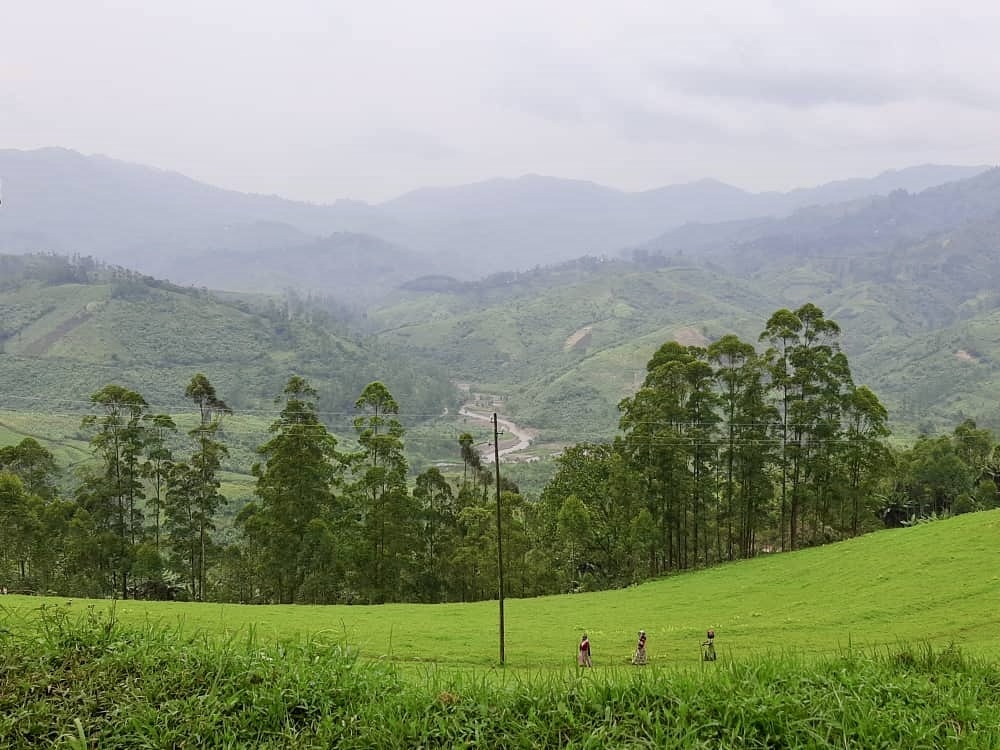
-Masisi, North Kivu, 2021
In Congo, I felt more than any other time in my life, that the reality was stranger than fiction. Each day brought new challenges, for us and even more so for the population, including severe life-altering and threatening difficulties that no one should have to deal with constantly throughout their lives. Perhaps normalisation of such extremes is a coping mechanism. Perhaps this is the role of myth, and the intermingling of myth and reality that was sometimes palpable; as a means of making sense of this environment, and a way of coping with it.
I have never witnessed such strong resilience, such strength in character, as I have in Congo. Women who are survivors of sexual violence are often rejected from their communities and families due to stigma, yet they continue on, caring for their children often with limited or no support whatsoever (such as socio-economic support). Often, women who have been sexually assaulted while harvesting in their fields, have little choice but to return to them (the choice is between returning to them, or that they and their families starve) highlighting both issues of protection linked to extreme socio-economic vulnerability and food insecurity (and lack of sufficient aid), and a tenacity that one can’t help but wish was not necessary for survival. See (https://www.msf.org/sexual-violence-democratic-republic-congo)
Many families in North Kivu have been displaced repeatedly, sometimes multiple times in one year, often living in informal camps with limited aid available. Sometimes aid takes months or even longer to arrive, even basic necessities such as temporary shelter, food and non-food items. Sometimes it never arrives, or is of poor quality, and often what is available only meets a small fraction of the enormous needs. It is hard to imagine surviving under such conditions over many years. When the security situation degrades (which often occurs), humanitarian organisations have even more limited access in the areas most impacted.
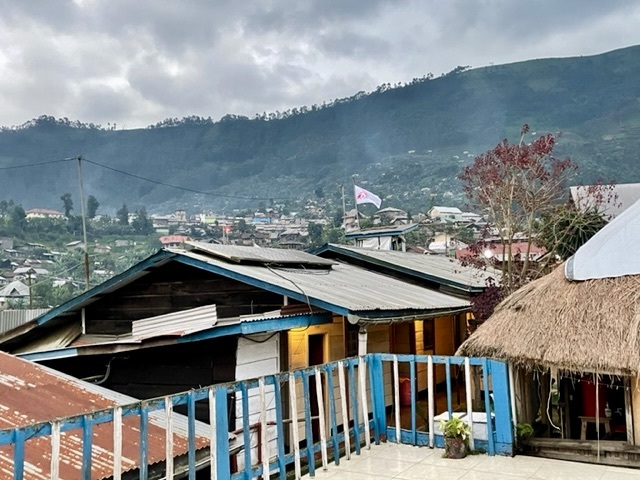
On a more personal note, I find that the longer I spend in such environments, the more that I feel ‘split’ between different worlds/realities. I find it frustrating when people complain about wearing masks or when their preferred type of yogurt is out of stock temporarily. I recognise that this is not fair (everyone likes to have their preferred yogurt and other products ;) ), but please understand that reverse culture shock is not easy to manage. The price of beginning to understand other parts of the world and other people living in it, is that you yourself also change in the process in a non-reversible way.
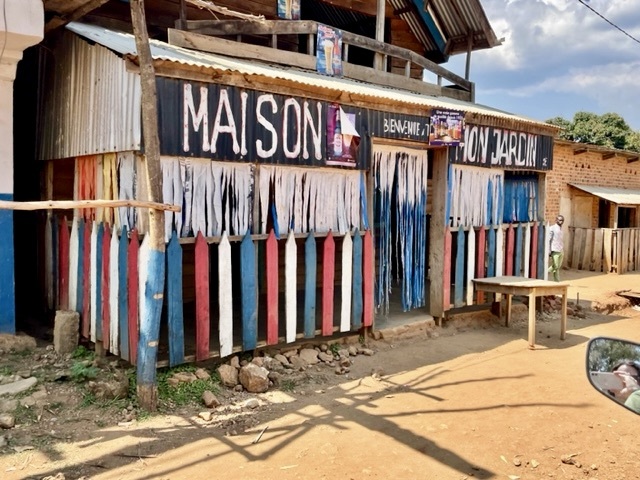
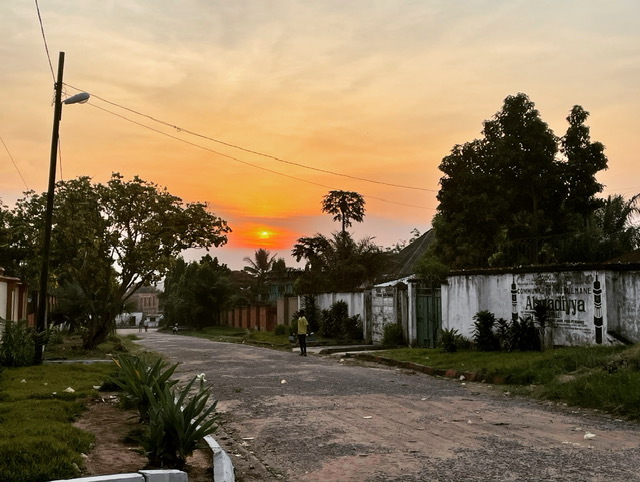
-Kasaï Centrale, 2021
The views expressed in this article are the author's alone, and are not attributed to MSF or any other entities
Living in the world. Humanitarian. Advocate for health, human rights and equality. Documenting experiences and observations.
